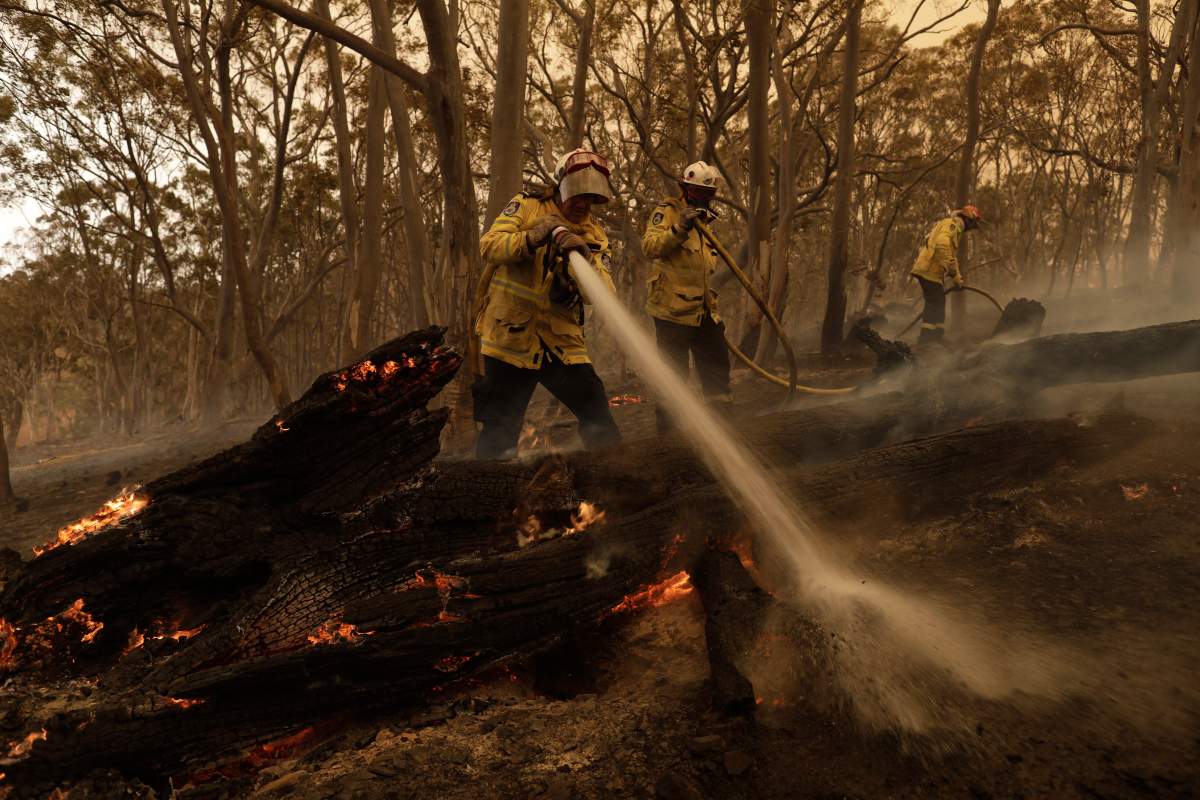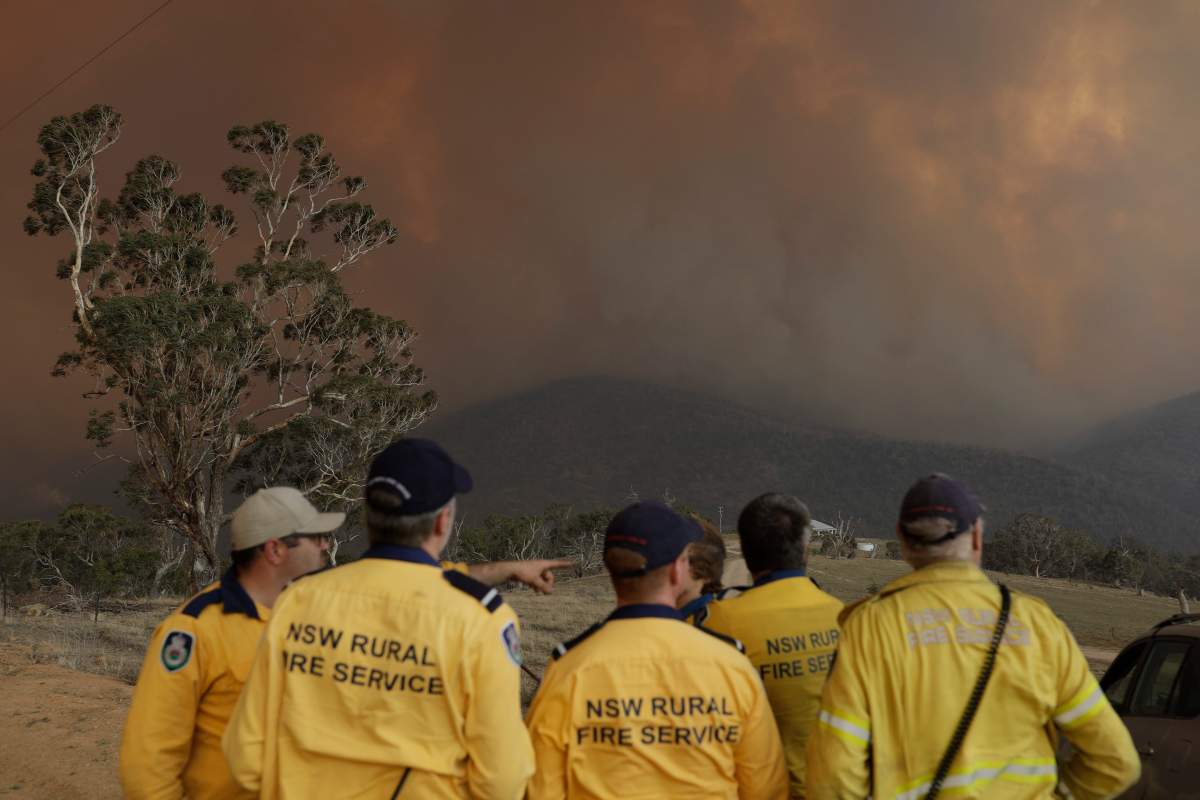Following several months of wildfires that have devastated the country, Australia now has new causes for concern: torrential downpours, cyclones and flash flooding.

Over the weekend, the Land Down Under saw an array of natural disasters hit its coasts as bushfires burned through parts of the country’s western regions. Its east coast saw potentially life-threatening flash flooding and storms due to extreme rainfall.
Western Australia is dealing with the after-effects of severe tropical Cyclone Damien, which saw fierce winds recorded at over 100 km/h.

The Australian Bureau of Meteorology reported on its website Sunday that Damien was in its final stages of weakening as it moves southwards over inland Pilbara and into the Gascoyne.

Get daily National news
The system is expected to weaken below tropical cyclone intensity Sunday afternoon, they said, adding heavy rainfall and damaging winds are still possible in nearby areas for the next two days as the system tracks south.

On the country’s east coast, New South Wales, hit hardest by Australia’s wildfires in 2019, is now in danger of life-threatening floods.
In Dalby, roughly 200 kilometres west of Brisbane, an emergency flood alert was issued for residents after a creek overflowed. The Bureau of Meteorology said almost half the annual average of rainfall fell in some parts of NSW.
The New South Wales Rural Fire Service said there were still more than 40 active fires in the area on Sunday, with half of them contained.
New South Wales Rural Fire Service Commissioner Shane Fitzsimmons told Reuters he was optimistic the rain would help extinguish some blazes over the coming days.

“The rain is good for business and farms as well as being really good for quenching some of these fires we’ve been dealing with for many, many months,” he said.
“We don’t want to see lots of widespread damage and disruption from flooding, but it is certainly a welcome change to the relentless campaign of hot, dry weather.”
This was true for the Currowan wildfire south of Sydney, which scorched through 500,000 hectares of land and 312 homes over 74 days. NSW Fire Service said on their website it was extinguished by the rain late Saturday.
After an early start to one of the country’s driest bushfire seasons on record last year, the Australia wildfires have killed at least 33 people and destroyed more than 3,000 homes.
— With files from Reuters and The Associated Press.
- Trump slams Canada as U.S. House passes symbolic vote to end tariffs
- Carney, federal party leaders to attend Tumbler Ridge shooting vigil Friday
- B.C. shooting raises school safety issue — should students ‘run, hide and fight’?
- ‘Incredibly strong community’: B.C. continues to mourn after mass shooting










Comments
Want to discuss? Please read our Commenting Policy first.